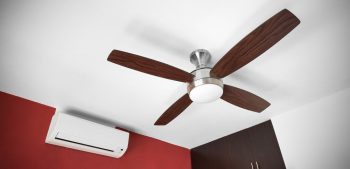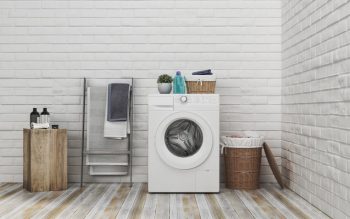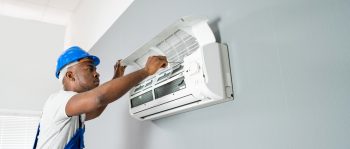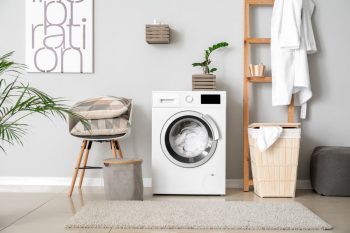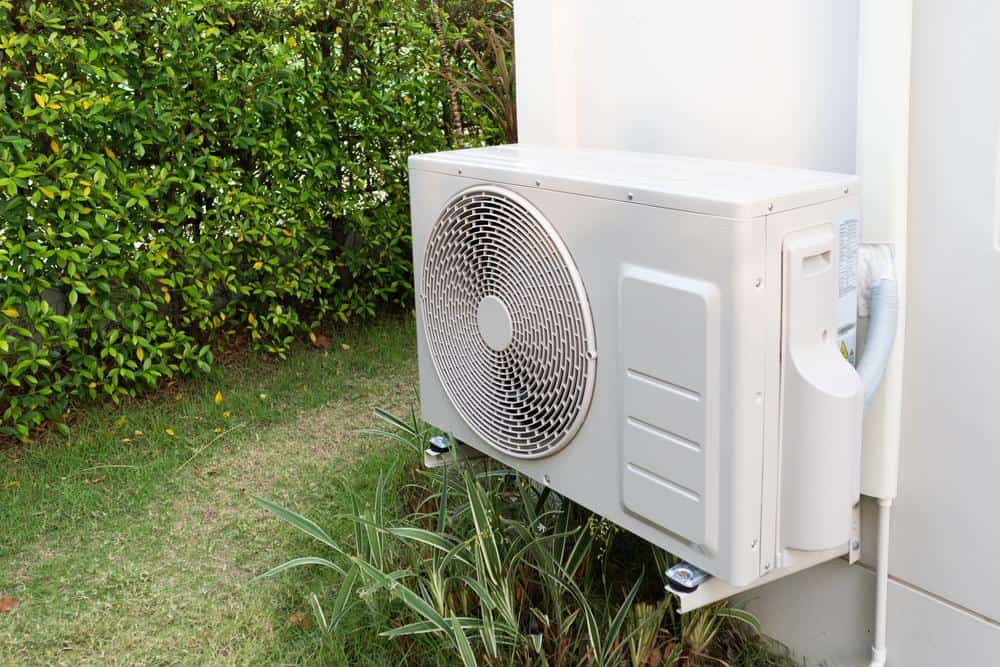
When it comes to cooling your home, the question that often arises is, “What is the best air conditioner unit?” The answer to this question is complex and depends on various factors such as the size of your home, your budget, your energy efficiency requirements, and the specific features you’re looking for in an air conditioner. In this article, we’ll delve deep into these factors and guide you towards finding the best air conditioner unit for your needs.
The best air conditioner unit depends on various factors such as the size of your home, your budget, and your energy efficiency needs. Some top brands to consider include Lennox for smart home capabilities, Carrier for performance, and York for quiet operation. Additionally, consider features like high SEER ratings, type of air conditioner, noise level, warranty, and additional features like built-in timers and energy-saver switches. Always ensure the unit provides the best value for money.
Key Features to Consider
Before we discuss specific brands and models, it’s crucial to understand the key features you should consider when choosing an air conditioner unit:
- Size and Capacity: The size and capacity of the unit should match your home’s square footage. The cooling power of an air conditioner is measured in British Thermal Units (BTUs). A unit with the appropriate BTU rating for your space will perform most efficiently.
- Energy Efficiency: Look for units with a high Seasonal Energy Efficiency Ratio (SEER) rating. Energy Star certified units are at least 10% more efficient than non-certified models.
- Type of Air Conditioner: There are various types of air conditioning units, such as window-mounted, portable, and split systems. Each type has its pros and cons.
- Cost: Consider both the upfront cost and long-term energy consumption of the unit.
- Noise Level: A quieter unit will provide a more comfortable living environment.
- Warranty: A good warranty can save you money on potential repair costs down the line.
- Additional Features: Look for features like digital displays, built-in timers, remote controls, and energy-saver switches for added convenience and energy savings.
Top Air Conditioning Brands
Several top air conditioner brands stand out in the market today. Each brand has its strengths:
- Lennox: Known for high SEER ratings and smart home capabilities.
- Carrier: Offers intelligent cooling options and is known for performance.
- York: Builds durable and quiet air conditioners.
- Trane: Provides outstanding air conditioners, heat pumps, and gas furnaces with a standard 10-year warranty.
- American Standard: Offers reliable units with low maintenance costs.
- LG: A popular brand for various types of air conditioners.
- Ruud: Known for affordability.
- Amana: Provides high-efficiency units with excellent comfort control.
- Goodman: Focuses on durability and cost-effective selection.
- Rheem: Offers air conditioners suitable for smart homes.
Technological Advancements and Smart Features
Modern air conditioning units offer an array of technological advancements and smart features that enhance energy efficiency and user convenience. These include smart thermostats, energy-efficient cooling technologies, integration with smart home systems, zoning capabilities, advanced air filtration and purification systems, and thermally driven air conditioning.
Installation and Maintenance
The installation process and maintenance requirements vary for different types of air conditioner units. While central air conditioning requires professional installation and regular maintenance, window and portable air conditioner units are easier to install and maintain.
Price and Warranty
The price and warranty period of an air conditioner unit can significantly impact the perceived value and selection of the best unit. Higher-priced units often come with better quality, longer warranties, and advanced features. However, it’s essential to strike a balance between price and quality to ensure that the unit provides the best value for money.
In conclusion, the best air conditioner unit for you will depend on your specific needs, preferences, and budget. It’s essential to consider factors like efficiency, cooling capacity, and the features you desire when choosing the right air conditioner brand and model for your home. By understanding these factors and doing your research, you can find the best air conditioner unit that will keep you cool and comfortable all summer long.
Frequently Asked Questions
What is a BTU and how is it relevant to air conditioner units?
BTU stands for British Thermal Unit. It is a unit that measures the heat energy needed to increase the temperature of one pound of water by one degree Fahrenheit. In the context of air conditioning, BTU measures the amount of heat an air conditioner can remove from a room per hour. The higher the BTU, the more powerful the air conditioner.
What is a SEER rating?
SEER stands for Seasonal Energy Efficiency Ratio. It measures the cooling efficiency of an air conditioner or heat pump. A higher SEER rating means greater energy efficiency.
How do I calculate the right air conditioner size for my room?
To calculate the right air conditioner size for your room, you need to know the square footage of the room. Multiply the square footage by 20 to get the BTU/hour you need. For example, a 200 square foot room would need a 4,000 BTU air conditioner.
What is the difference between a window, portable, and split system air conditioner?
A window air conditioner is a compact unit designed to cool a single room and is installed in a window. A portable air conditioner is a movable unit that can be moved from room to room and uses a hose to vent out hot air. A split system air conditioner consists of an outdoor unit and one or more indoor units that cool specific areas in your home.
What is an Energy Star certification for air conditioners?
Energy Star is a program run by the U.S. Environmental Protection Agency and the U.S. Department of Energy that promotes energy efficiency. An Energy Star certified air conditioner meets strict energy efficiency guidelines set by these agencies, which means it uses less energy and is more environmentally friendly.




